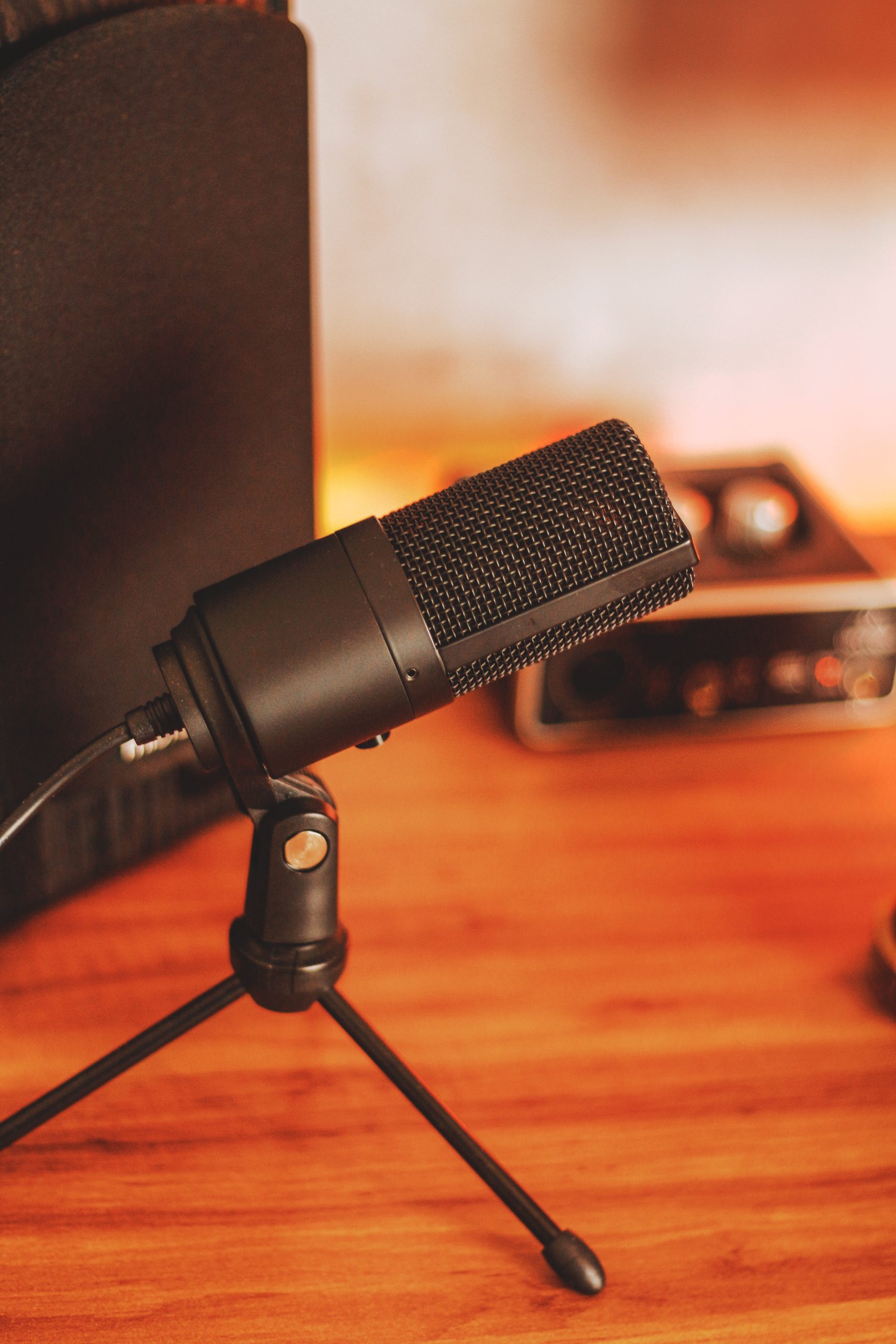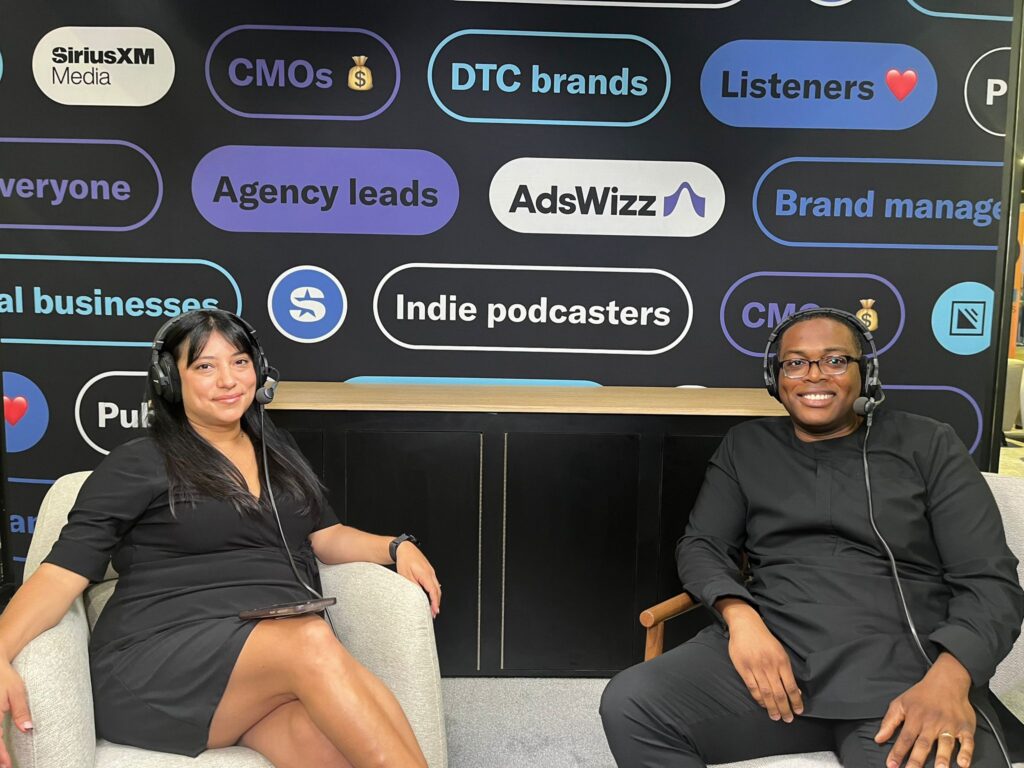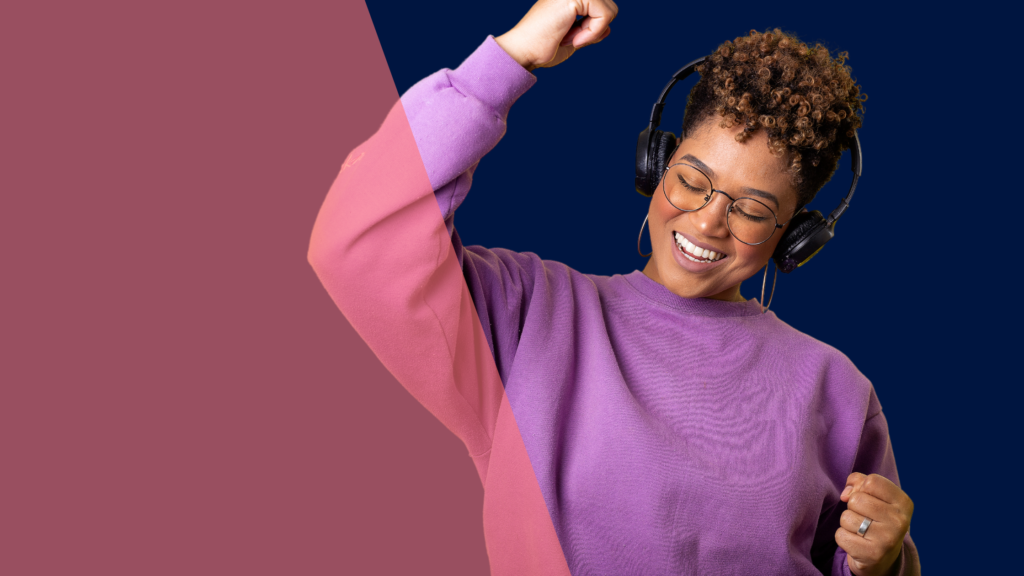Dynamically Inserted Advertising or ‘Dynamic Ad Insertion’, is the concept of placing audio adverts in podcast episode downloads, with businesses paying to have their advert available for a certain amount of impressions or plays. This is a simple approach to advertising which offers many possibilities for both podcast producers and those looking to invest: it allows podcasts to monetize their programme, whilst retaining authority over their show, and businesses to target specific audiences.
The real beauty of it as an advertising format is the flexibility it allows for both parties, there are no specific guidelines regarding length, format, and placement (beginning, middle or end of the content) and literally when the ad is placed: advertisers can place an ad post podcast publishing meaning it doesn’t date.
How User Tracking Works on the Web
Now let’s take a look at how the technology works behind; being able to identify and show ads to users with specific traits.
Cookies The mainstay of web display advertising. These are small blobs of data that websites can store on its reader’s browser and then access at a later time. Maybe they want to store how many times you visited or what you searched for or any other interesting data that they want. The cookies are specific to the ad tracking software so as long as publishers used the same ad trackers they could track users across websites. The ad industry is now trying to move on from just using cookies since they can’t track users across multiple devices and are also able to be cleared or turned off by the user.
Device Fingerprinting This tech tries to identify the individual device not just the browser that is being used. It can try and do this by combining an IP address, browser version, operating system, location and time zone settings, installed apps, in fact as many data points as they can. These data points are collected to create an identifier; the more data points, the more likely that the device can be identified as unique. It is essentially a game of Guess Who? at a massive scale. If you only guess against blue eyes then it’s pretty useless. But if you’re guessing against blue eyes, brown hair, receding hairline, mustache, glasses, oval head then you can make a pretty good guess. Of course the problem here is that we’re using multiple devices. How do you know if that ad for a vacation in Florida led to that person booking a vacation on their iPhone?
User Identification One level above device fingerprinting is to identify the individual user across whichever device they are using – even if they have switched from using their phone to their laptop. There are two main approaches. Deterministic and Probabilistic.
- Deterministic: Using a login we can identify a user (think of Twitter; because all users have to log in, they can know which ads are shown on a user’s phone and the links they click on their laptop)
- Probabilistic: This uses a similar data set as device identification and there are a bunch of companies that will sell you solutions that can take anonymous user data and try and match it and tell you if this user. From my research, the accuracy of this approach seems questionable with today’s tech.
The difference between web and podcast downloads.
On the web as we have seen, there are many ways to track a user and be able to sell ads against them. Why is it different with podcasts? Remember when I said that publishers can execute code every time a page is viewed? That is the key to this whole ad tracking empire that has been built. If the publisher can’t execute whatever code it wants when a page is viewed then you’re left with a pretty dumb system. (Try turning off JavaScript in your browser and see what happens) Which is what happens with podcasts. Podcast players don’t execute publishers code when a listener requests an episode. Publishing a podcast episode is like mailing a letter. You’re pretty sure it’ll be delivered but you can be certain and you don’t know if the recipient even read it.
What can podcast players do?
Podcast players will send a “user-agent” when downloading a file. A user-agent is just a string of text that identifies what piece of software has made the request to download something. The podcast server will know the IP address that made the request to download too, and that can reasonably accurately identify the geographic location of the request and of course they know the time that a podcast episode was requested. And that is pretty much all you can do with podcasts. You can target based on the location (certainly country-level, maybe city-level) of the request, the time of the request, and which podcast player is being used.
What happens when I download and play a new episode
The vast majority of ads are created ‘server-side’. That means that the server does the work of inserting an ad into the episode and whichever podcast player is used, they will hear ads (we will discuss client-side ad serving a little later).
Here is the basic order of operations:
- The podcast player sends a request to the podcast server.
- The podcast server will see an IP address and a user-agent string and the time the episode was requested.
- Using that info it will identify, out of all the ads it knows about, the most relevant one.
- If you are the first person to request that episode and ad combination, the server will stitch together the podcast episode with the ads into a new mp3 file and return it to the player. It will also save a copy for the next request whose profile matches that ads so it can serve it faster.
- The server sends the complete mp3 file back to the player that requested it.
How does the server know where to insert the ads? Most commonly, the ad server is integrated into the publishing platform so when a producer uploads a new episode they will just type in the timecodes where ads can go while they add the episode title and description and other metadata. The other way is a little more automatic. When making the episode the producer can insert an audio tone outside the range of the human ear that the ad server can check for and use that position to insert an ad. The ad server can also recognize the waveform of a certain jingle or other cue to identify where to insert an ad.
Server-side vs client-side ad insertion
So far we have just talked about server-side ad insertion. ‘Client-side’ ad insertion means that the podcast player itself inserts the ad rather than the server that sends the mp3 file. This is currently pretty rare since this means that only the audience using a certain player will hear an ad (unlike server-side insertion where the ads are in the mp3 file that are sent to all players). Hence you can only monetize against a subset of your audience.
What is the difference between Dynamic Ads and Host-read ads?
The perception seems to be that dynamic ads must mean radio-style commercials but that is not the case. One is the tech that delivers an ad and the other is a type of ad. I like to think of dynamic ads actually as dynamic content. There is no reason it has to be used for ads. One use case is to automatically insert a content warning read by the host at the top of the episode if the episode contains explicit language.
How Atunwa Digital Can Help?
Atunwa Digital is a full service advertising agency investing and positioning ourselves to be the go-to agency for brands and advertisers looking to penetrate the African market. We will walk you through each & every step of the process, to ensure nothing is going unnoticed.














